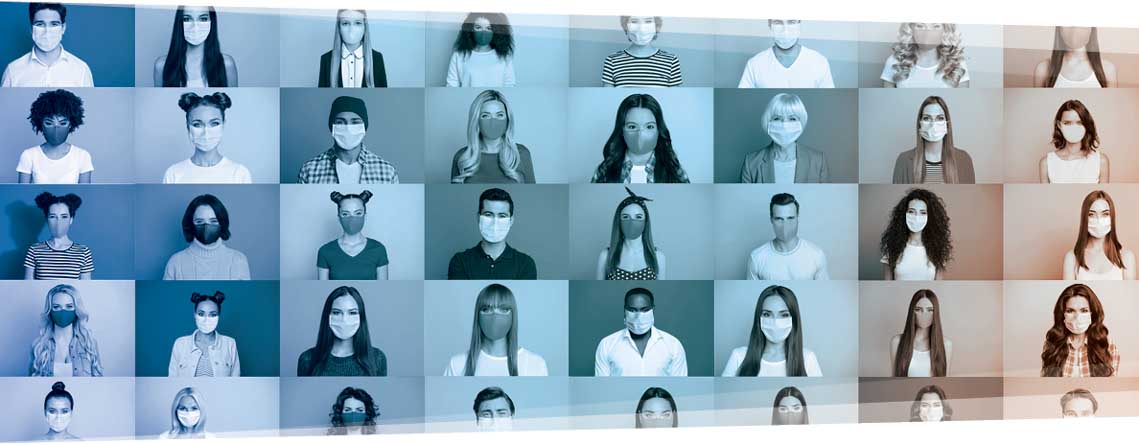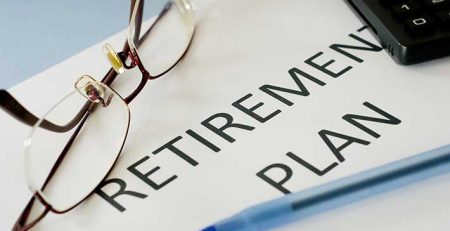Beyond the mask – life after the pandemic
by Andrea McKinlay
Exploring the psychological experience of taking off our masks.
While many of us dream of the day we can step into a mask-less future, the thought of discarding them for good is a source of anxiety for others. For many, the mask has become a rule of engagement during the pandemic in many everyday scenarios. Masks are currently required in most public, indoor spaces—including schools and universities, many workplaces, grocery stores, indoor entertainment venues, and more.
How many of us have had that moment after leaving the car when you think, “Darn it – I forgot my mask!”? A sentiment once reserved for the alter-egos of masked superheroes, it has become part of our daily experience.
As we move towards the possibility of COVID-19 evolving from a pandemic to an endemic with relaxed restrictions, you may be feeling anxious about the idea of removing your mask. While the transition back to the naked face won’t necessarily be an easy one, it is time to start considering how this will make you feel once the restriction is lifted, and we return to a “mask-free” life.
You may be feeling the need to renew your social connections with gusto as restrictions ease up, but attending every party and agreeing to every dinner invite could lead to added stress and the risk of burnout. Even if you are fully vaccinated, you may feel anxious or awkward about returning to a social “normalcy.”
Despite the widespread availability of vaccines, cases of COVID continue to occur in British Columbia. Vaccines are not 100% effective against transmission and are primarily intended to prevent the severe illness that lands people in the ICU. It’s important to consider the ongoing health and safety guidelines when it comes to renewing your social connections and to be aware of your own boundaries when interacting with friends and family. Friends and family can be the hardest to refuse, and they may encourage you to “loosen up” and participate in activities that you still consider risky.
Pandemic Peer Pressure
Mask shaming is one of the many peer pressures associated with the pandemic—both pressure to wear a mask and pressure to remove it. We know that masks aren’t always the most comfortable—they fog up your glasses and can be sweaty and hot. When meeting with friends and family, you may be tempted to remove your mask and huddle in close to chat, only to be met with a “Why aren’t you wearing your mask?” Conversely, people might make you feel like a sore thumb for continuing to wear a mask when others have discarded theirs.
We can know all the reasons why people choose to wear, or not wear masks in any given situation. People who have found that masks help ease environmental allergies or prevent cold and flu may opt to wear a mask long after the pandemic is over.
Just because you CAN resume some of your pre-pandemic social activities relatively safely due to vaccination does not automatically mean it will be good for your mental health to accept every invite before you’re mentally ready. Whenever you decide to get back to “normal,” make sure you do it because it’s your choice and not because others are pressuring you.
Having honest conversations about the importance of safety requirements as well as your own mental health with loved ones can help ease some of the pressure you may be feeling when going back to your social life, renewing ties with extended family, or returning to the office full-time. Have empathy for yourself and others as we navigate a world beyond the mask.



